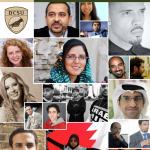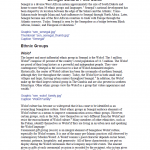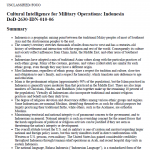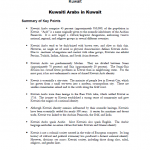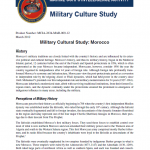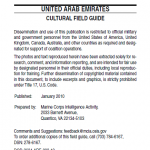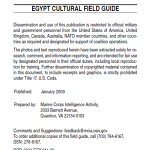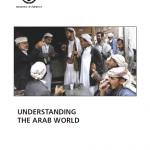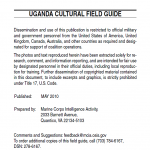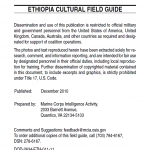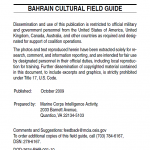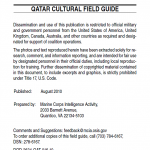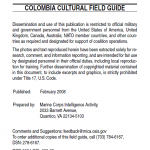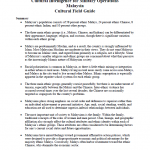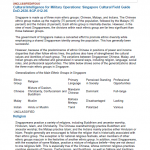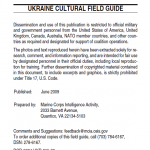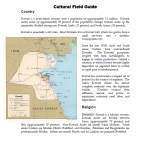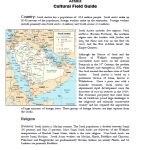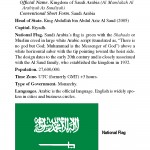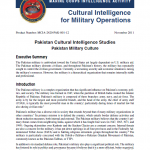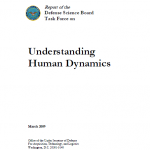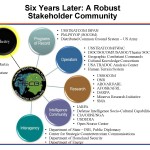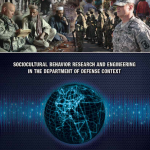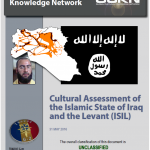
What follows is an assessment of the Islamic State of Iraq and the Levant (ISIL) from a socio-cultural perspective. We have employed a modified PMESII-PT framework for analysis (Political, Military, Economic, Social, Infrastructure, Information, Physical Terrain, Time). We have modified PMESII-PT in three ways to emphasize the socio-cultural aspect of this analysis. First, we have expanded the concept of Military to cover all coercive forces in the area of interest. The expanded category includes law enforcement, pro and anti-government paramilitaries, militias, external forces, etc. Second, we added Population and Culture as separate categories. Arguably, these categories could be covered in PMESII-PT under Society, but we saw them as sufficiently important to merit separate chapters. Third, we have expanded the concept of Information, which we have titled Communications, to account for both how information is communicated and how it is received within the society under analysis. With that as background, here is a synopsis of our major findings by category in our modified PMESII-PT framework.
Read more →
